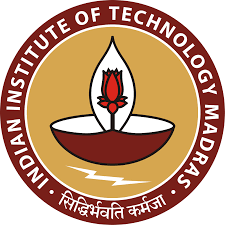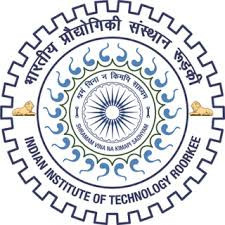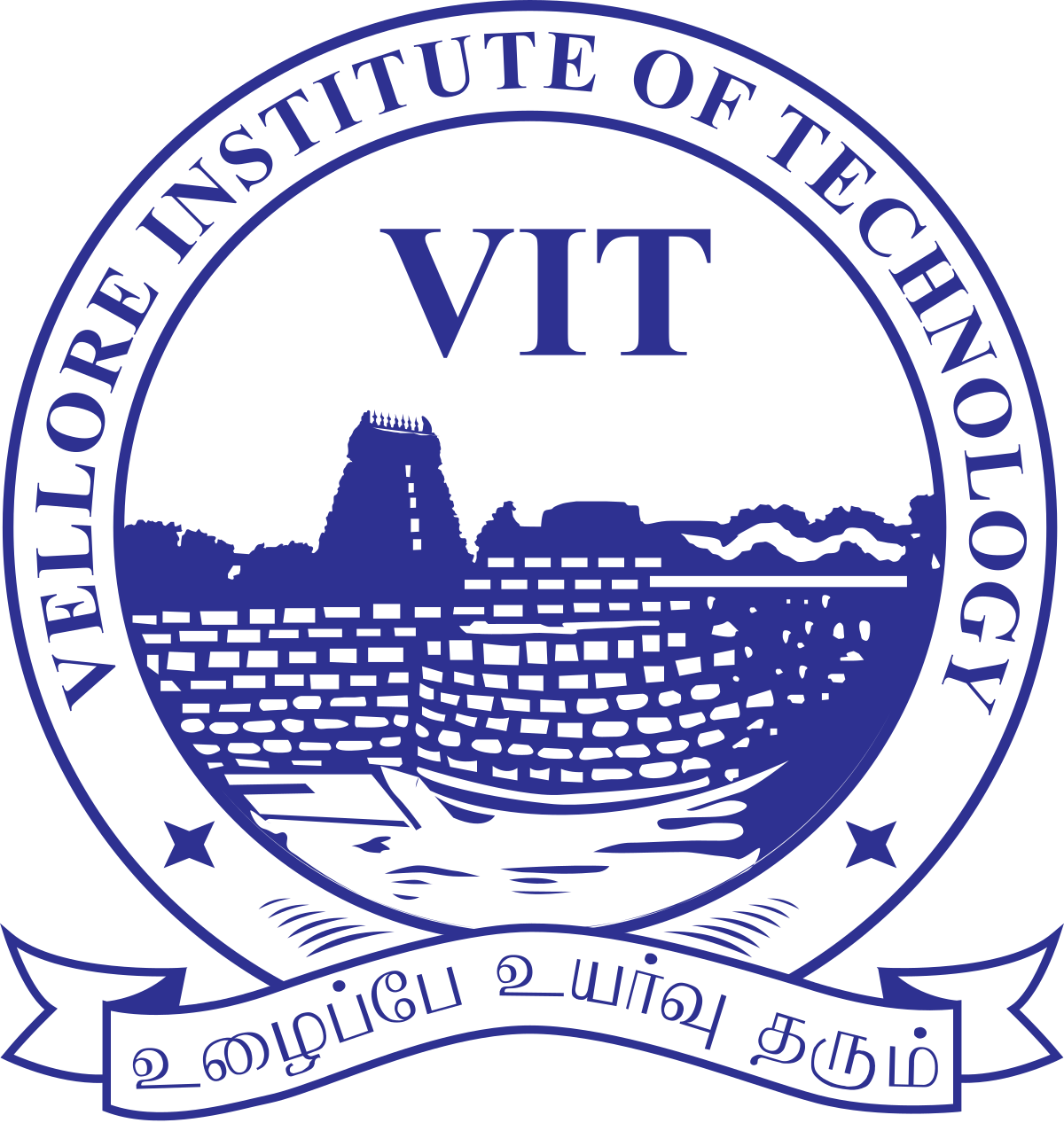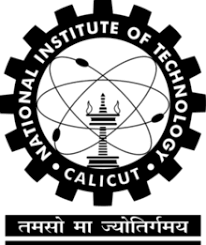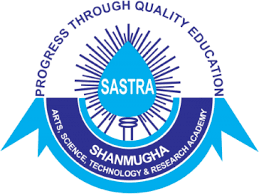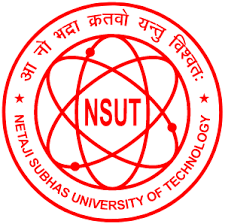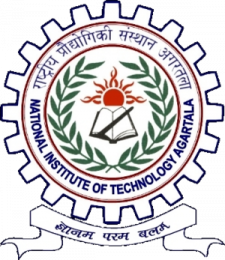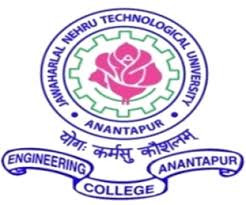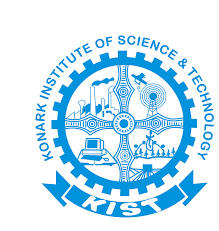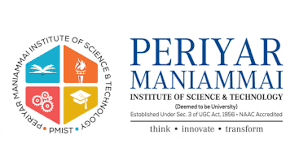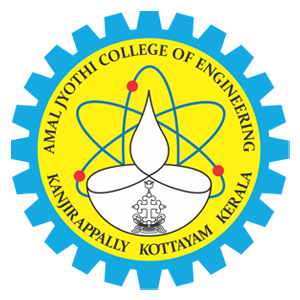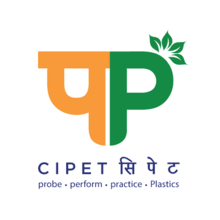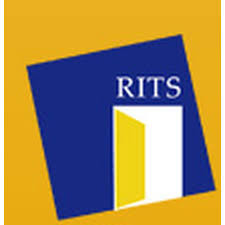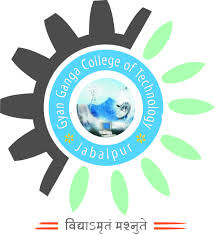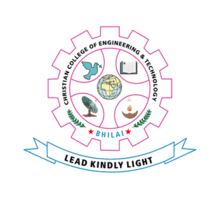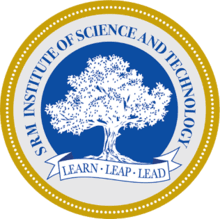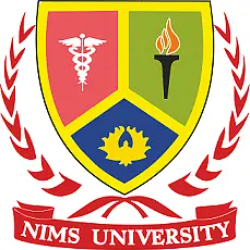Highlights: -
|
Degree Name |
Masters of Technology |
|
Level |
Postgraduate |
|
Duration of the course |
2 years |
|
Eligibility |
Passed B.Tech/B.E or Equivalent with Minimum 50% Aggregate Score |
|
Education mode |
Full-time, Distance. |
|
Admission Process |
Merit as well as Entrance Exams |
|
Entrance Exams |
GATE, JAM, PGECET, AIEEA, State CET, NIT, IPU CET, OJEE, KIITEE, MET, UKSEE, SUAT, TAN CET,etc. |
|
Fees of the course |
Rs 30,000 – Rs 9.00 Lakhs |
Eligibility Criteria: -
- Candidates must complete M.Tech in Nanotechnology or equivalent from a recognised university in India.
- They need to get the minimum cut-off that has been set by the preferred college.
- Reserved category candidates will get relaxation as per government and university norms.
- Eligible candidates are required to appear for entrance examinations, such as the GATE, NIT, JAM.
Syllabus for M.Tech in Nanotechnology:
The M.Tech in Nanotechnology syllabus will vary from college to college, but the course aims and subjects shall remain the same; the subject distribution over the syllabus may differ, but the study matter remains consistent. Nevertheless, candidates should check the official website to know the complete syllabus. Here is a general guide to M.Tech in Nanotechnology syllabus design, as commonly followed by Indian colleges:
|
Semester 1 |
Semester 2 |
|
Science and technology of Solid-State |
Nanomaterials and Nanotechnology |
|
Introduction to Nanoscience |
Fundamentals of Semiconductor Physics and Devices |
|
Synthesis and Characterisation of Functional Materials |
Functional Materials, Sensors, and Transducers |
|
Techniques of Characterisation of Materials and Physical Measurements |
Elective 1 |
|
Laboratory for Synthesis and Characterisation of Functional Materials |
Laboratory for Physical Property Measurement and Transducer / Sensor Element Characteristics of Functional Materials |
|
Semester 3 |
Semester 4 |
|
Project |
Project |
|
Elective 2 |
Seminar |
|
Elective 3 |
- |
Next step after M.Tech in Nanotechnology: -
If a person wants to do further studies in M.Tech in Nanotechnology to improve his/her knowledge and skills than he/she can go for the following courses:-
- Advanced Nanotechnology Techniques Certificate: This course may cover advanced techniques and technologies utilised in Nanotechnology research and applications.
- Nanomaterials Characterisation Techniques Certificate: This section discusses numerous characterisation methods, such as SEM, TEM, and XRD, used to evaluate Nanomaterials.
- Nanobiotechnology Certificate: This field investigates the interaction of Nanotechnology and Biology, with themes including Drug Delivery, Biosensors, and Tissue Engineering.
- Nanoelectronics Certificate: Focuses on the design and manufacture of tiny electronic devices and circuits.
- Nanophotonics: Nanophotonics is the study of light manipulation at the nanoscale, with applications in imaging, sensing, and communication.
- Nanomaterials Synthesis and Processing Certificate: This course focuses on the methodologies for synthesising diverse Nanomaterials and processing them for various applications.
- Nanomedicine Certificate: Nanomedicine investigates the use of nanotechnology in medical applications such as targeted drug delivery, imaging, and diagnostics.
- Nanotechnology Entrepreneurship Certificate: Examines the process of beginning and maintaining a Nanotechnology-based firm, including market analysis, intellectual property, and funding.
- Environmental Nanotechnology Certificate: It investigates the use of nanotechnology for environmental cleanup, pollution control, and sustainable energy.
- Nanoparticles Safety and Rules Certificate: This section covers safety practices, risk assessments, and rules governing the handling and disposal of Nanoparticles.
- Computational Nanotechnology Certificate: focuses on the computational approaches and simulations used in Nanotechnology research and design.
- Advanced Nanofabrication Techniques Certificate: Investigates advanced techniques for creating Nanostructures and devices, such as lithography, etching, and deposition.
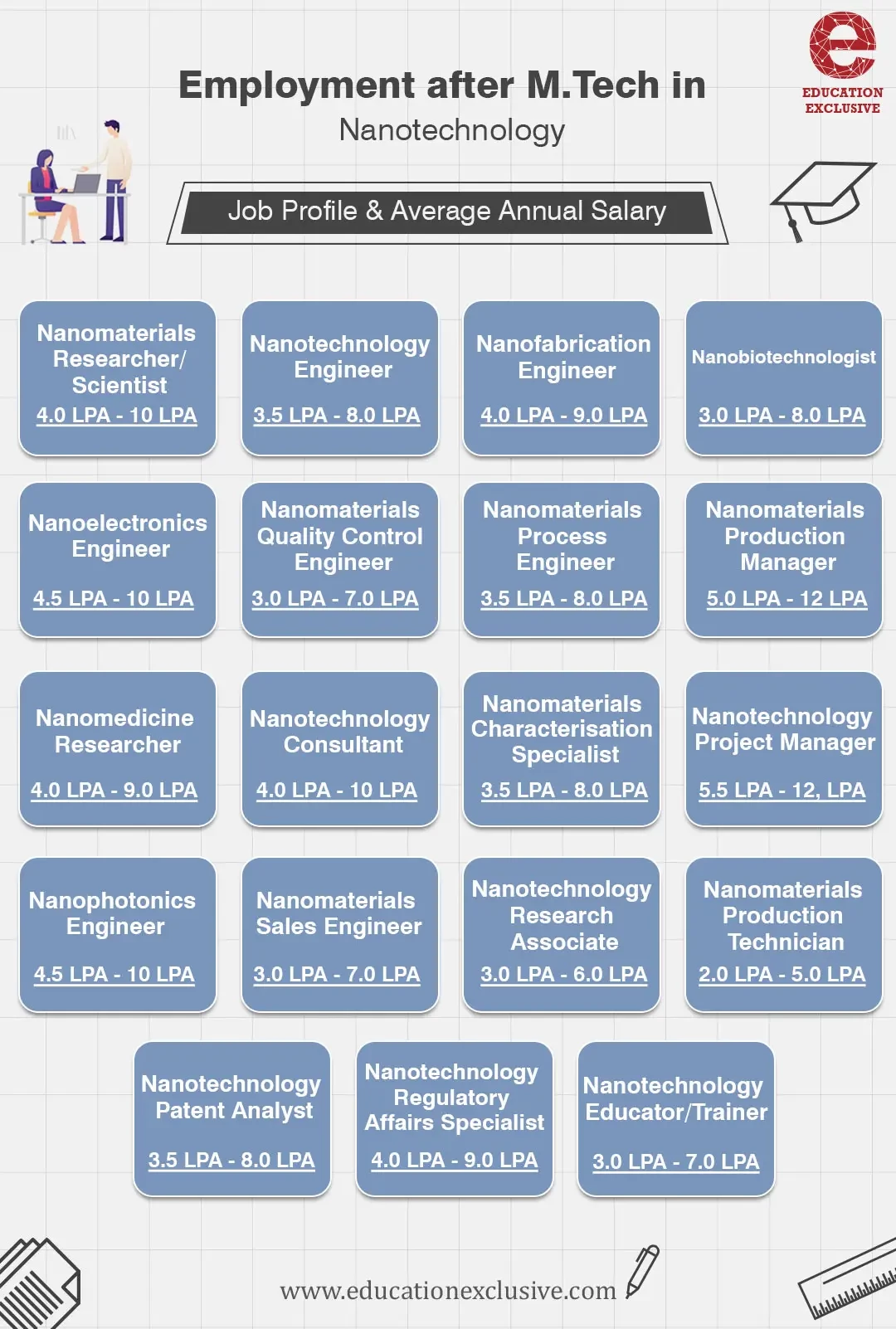
FAQs
- Is GATE compulsory for admission in the course?
No, you have to check with the college as some prefer their entrance exam. Other colleges rely on the marks of state-level entrance exams.
- What is the future scope of M.tech in Nanotechnology?
Nanotechnology is on the rise and many companies are focusing their resources on Nanotechnology departments. So, yes the future of Nanotechnology is bright.
- I have done B.tech in the automobile so can I pursue M.tech in nanotechnology?
Yes, engineers from any field can pursue M.tech in Nanotechnology. It is a vast field and no restrictions are there on pursuing m.tech in nanotechnology as long as you clear the criteria for admission.
- What are the employment areas for Nanotechnology?
Candidates holding a degree in Nanotechnology can work in any of the following areas:
- Electronics/semiconductor industry
- Forensics
- Medical fields and pharmaceuticals
- Military and national security
- Auto and aerospace industries
- Food science including quality control and packaging
- Biotechnology
- What are the top institutes for studying nanotechnology in India?
Several Institutes in India offer nanotechnology courses in India. However, only a few per cent of colleges are considered to be good for studying Nanotechnology, some good institutes are:
- IIT Madras
- IIT Roorkee
- VIT Vellore
- Jawaharlal Nehru Technological University, Hyderabad
- SRM University, Tamil Nadu
Other specialisations in M.Tech: -
M.Tech in Computer Science, M.Tech in Mechanical Engineering, M.Tech in Civil Engineering, M.Tech in Electrical Engineering, M.Tech in Chemical Engineering, M.Tech in Information and Technology, M.Tech in Automobile Engineering, M.Tech in Aeronautical Engineering, M.Tech in Petroleum Engineering, M.Tech in Instrumentation Engineering.


